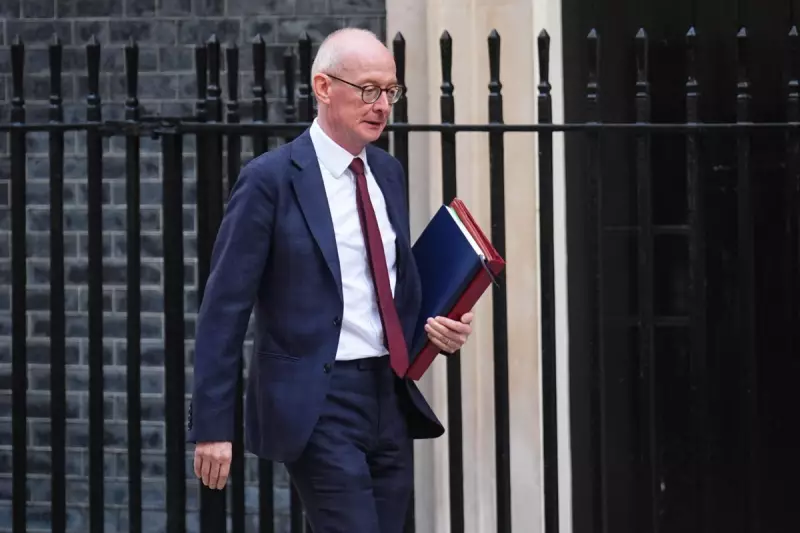
In a radical move that blurs the lines between healthcare and employment support, the UK Government has unveiled plans to embed Department for Work and Pensions (DWP) services within GP surgeries across England and Wales.
The controversial initiative, spearheaded by Business Secretary Pat McFadden, will see job coaches stationed in medical practices, with doctors encouraged to identify and refer patients they believe could benefit from employment support.
Transforming Healthcare Spaces into Employment Hubs
The scheme represents a significant expansion of the government's efforts to tackle economic inactivity, which has remained stubbornly high since the pandemic. Under the new system:
- Job centre staff will be physically present in selected GP practices
- GPs will receive guidance on identifying patients suitable for employment support
- Patients will be referred directly to DWP services during medical appointments
- The programme will initially roll out in areas with high levels of unemployment
Government's Stance: "Helping People Back to Work"
Pat McFadden defended the policy, stating that "with record numbers of people out of work due to long-term sickness, we need to take bold action to support people back into employment."
The Business Secretary emphasised that the scheme would provide "joined-up support" for individuals whose health conditions present barriers to employment, arguing that locating services within healthcare settings makes them more accessible to those who need them most.
Critics Voice Serious Concerns
The announcement has sparked immediate concern among healthcare professionals and patient advocacy groups. Critics argue that:
- The policy risks damaging the doctor-patient relationship
- Patients may become reluctant to discuss health issues for fear of being referred to job centres
- It places additional burdens on already stretched GP services
- The approach medicalises unemployment rather than addressing its root causes
Medical unions have expressed alarm at what they describe as the "instrumentalisation of healthcare" for economic purposes, warning that it could undermine trust in medical professionals.
Building on Existing Pilot Schemes
The expanded programme follows smaller-scale trials in selected regions, where early results suggested some success in connecting people with health conditions to employment support. However, questions remain about the scalability of the approach and whether adequate safeguards will be implemented to protect patient confidentiality and autonomy.
As the government pushes forward with this unconventional strategy, the debate continues about where to draw the line between supporting citizens back to work and compromising the fundamental principles of healthcare.





